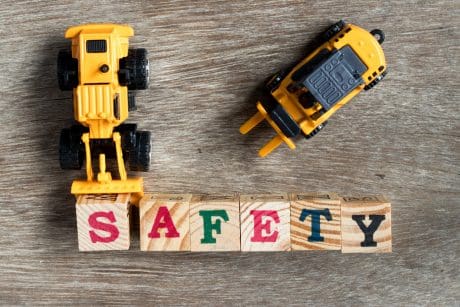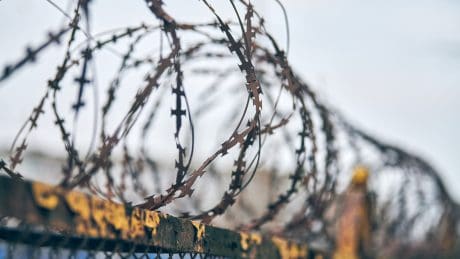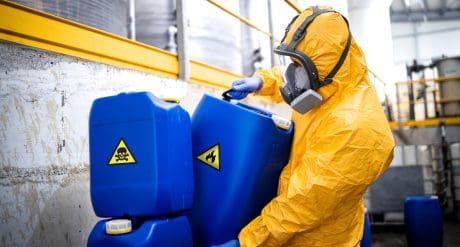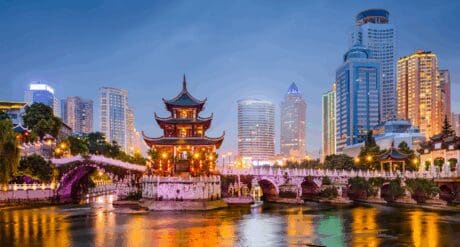
Global Overview of WEEE EPR Obligations

Global Overview of WEEE EPR Obligations – Whitepaper Overview
Extended Producer Responsibility (EPR) for Waste Electrical and Electronic Equipment places the onus on producers to manage the environmental impacts of their products throughout their entire lifecycle, especially at the end of life. Obligations may vary by country, making it essential for industries to stay informed about the extensive regulatory framework to ensure compliance and support sustainability goals.
This whitepaper provides a comprehensive overview of regulatory developments on WEEE EPR frameworks across various regions and countries in Europe, North America, South America, Africa, Asia, and Oceania, highlighting obligations to producers and identifying special considerations and emerging trends that companies must be aware of.
This Whitepaper Covers:
- The WEEE Directive
- Scope
- Obligations for producers
- Revision of the WEEE Directive
- WEEE EPR comparative chart covering:
- Europe: United Kingdom, Switzerland, Norway
- North America: California, New York, Quebec, Ontario, Mexico City
- South America: Brazil, Colombia, Chile
- Asia and Oceania: India, Vietnam, Hong Kong, Japan, Australia
- Africa: Ghana, Nigeria, Kenya
*This whitepaper was originally published on 11th June, 2025. Further regulatory developments may have occurred after publication. To keep up-to-date with the latest compliance news, sign up to our newsletter.
Authors
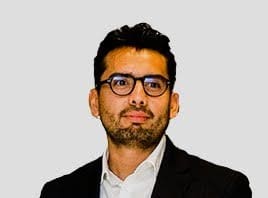
Cristian Barroso, Regulatory Compliance Specialist, Compliance & Risks
Cristian is a Regulatory Compliance Specialist with over nine years of experience in environmental compliance and human rights, having a keen interest in ESG Human Rights, WEEE, Circular Economy, Ecodesign, Energy Efficiency, and Sustainable Resource Use.
Cristian is a qualified Mexican lawyer who joined Compliance & Risks in 2024, following a career that included working in law firms, human rights and environmental agencies, as well as a recent role within a WEEE and Battery EPR Scheme.
He holds a law degree from the National Autonomous University of Mexico and two LLM master’s degrees: one in Human Rights from the University of Alcalá in Spain and another in Environmental and Natural Resources Law from University College Cork, Ireland.

